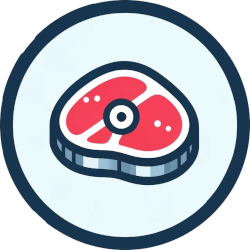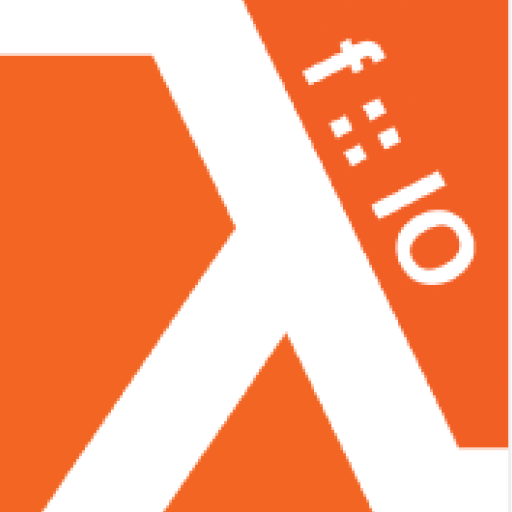Oracle
STEAK Protocol
Utilizing the proven Ouroboros proof of stake (PoS) mechanism, the STEAK protocol offers a groundbreaking approach to implement PoS directly on the Cardano bloc
 STEAK Protocol
STEAK ProtocolOrcfax
Decentralized Oracle Feeds for Cardano. Validating real-world data from multiple sources with full audit logs to deliver authentic & accurate data.
 Orcfax
OrcfaxChainlink
A decentralized oracle network for all blockchains.
 Chainlink
ChainlinkWolframAlpha
A well known computational knowledge engine that has integrated Cardano blockchain data, enabling developers to use their API sources as oracles.
 WolframAlpha
WolframAlphaPIGY Oracle
A Oracle run by the Stake Pool incentive token PIGY Token. Fees for the Oracle can only be paid in PIGY Tokens.
 PIGY Oracle
PIGY OracleFunctionally.IO
Daily, weekday only, oracles for Secured Overnight Financing (SOFR) along with select US energy prices.
 Functionally.IO
Functionally.IOBlockfrost
Instant and scalable APIs for those looking for a trusted source of data points from the Cardano blockchain. Also offering numerous SDKs for developers.
BlockfrostCharli3
An open-sourced, decentralized network of oracles bringing off-chain data onto the Cardano blockchain using inter-node vetoing to ensure data accuracy.
 Charli3
Charli3
In the ancient world oracles were people through whom the Gods spoke directly to the inhabitants of earth. In the blockchain and crypto world oracles are a service that provides off-chain data to smart contracts running on a blockchain.
On-chain functions, i.e. smart contracts, cannot access real world data on their own. This is problematic when a smart contract is trying to provide the real-time price of financial assets to users, or when it needs to determine the outcome of a sporting event for a gambling protocol, or even when it has been asked to use something measurable in the real world, such as the temperature or quantity of snowfall, in its calculations. Oracles can feed any real world data onto the blockchain for use by smart contracts.
Data is collect it in a variety of ways: APIs, websites, sensors, etc, and can be manual input by humans. This data is collect by nodes and is then passed on to the oracle service that then supplies the smart contract with the data. Having one node supplying data means a central point of failure, and a high potential for manipulation of the data. As a result oracle services usually use a network of nodes to build a consensus of the correct data point and to prevent the data from being manipulated, thereby helping to ensure trust in the data they supply.